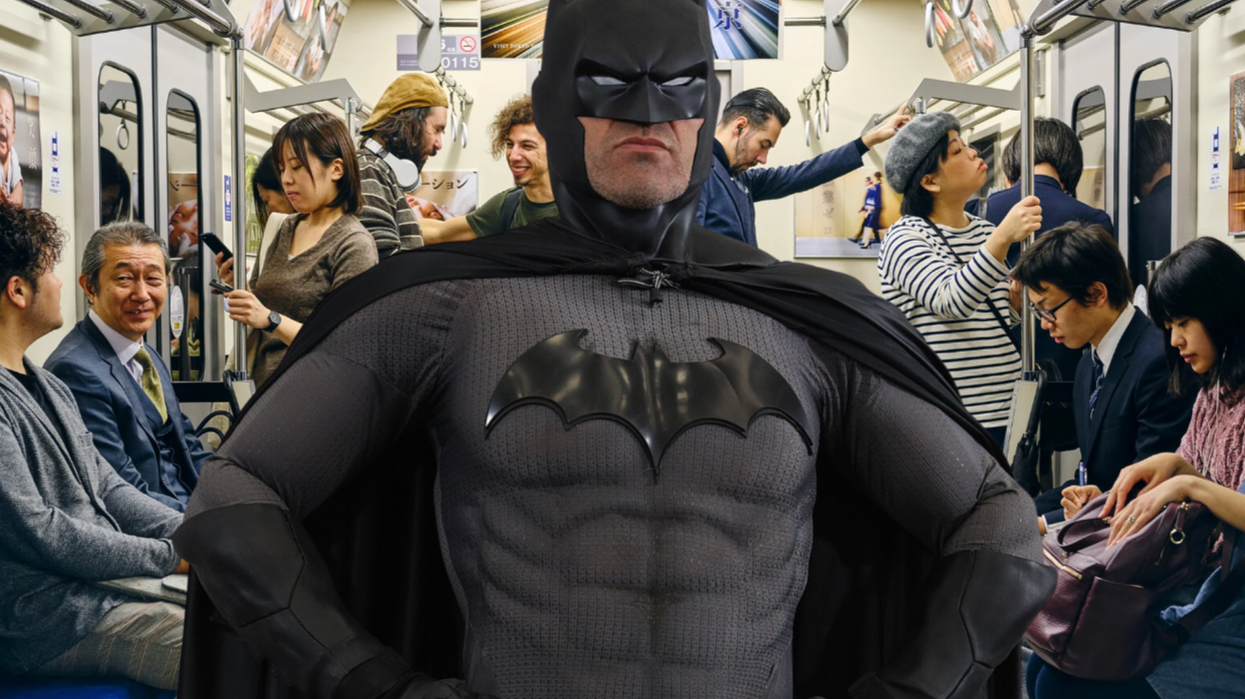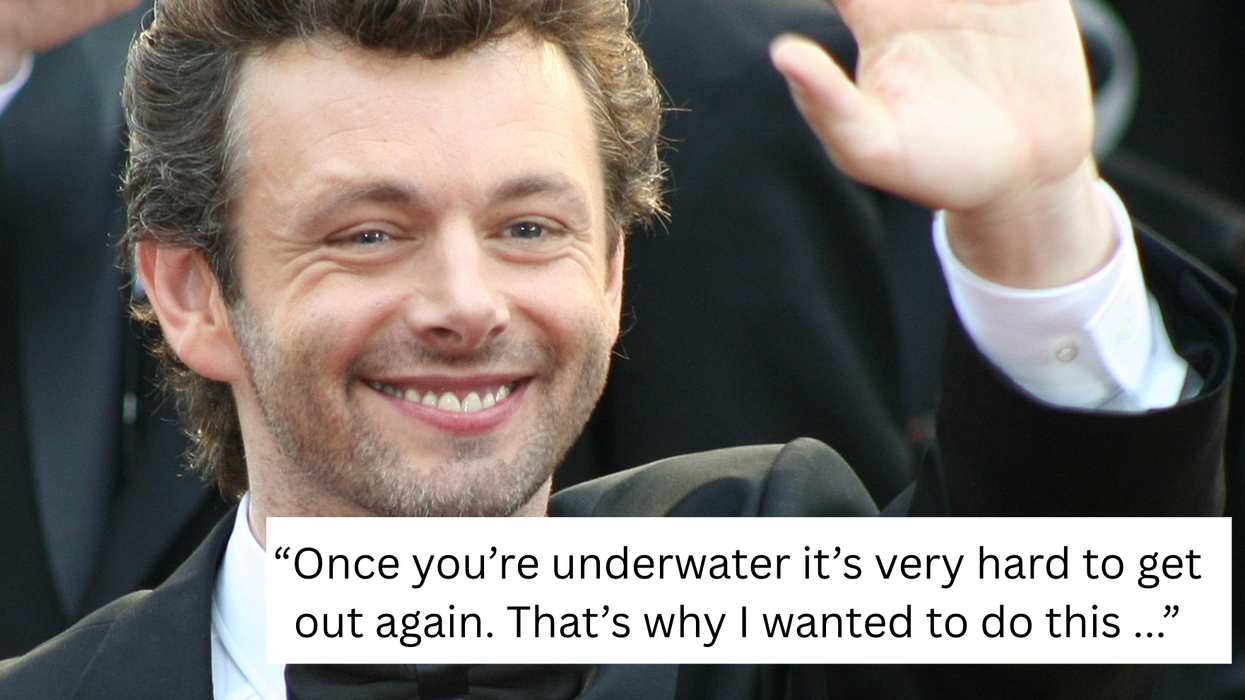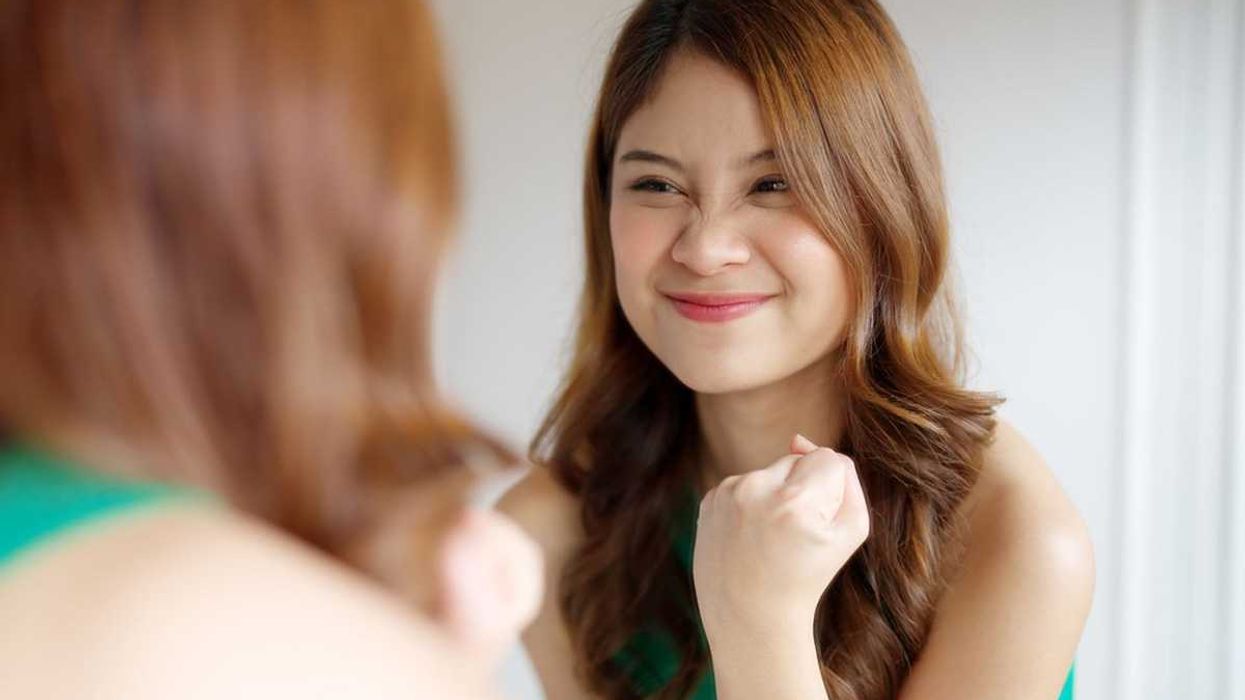GOOD Pictures features work by a new photographer each week, with a focus on up-and-coming artists. It is curated by Stephanie Gonot and Jennifer Mizgata.
Looking for inspiration and a break from her life in Baltimore, Joyce Kim traveled to Japan and South Korea. "Retreat" is the product of her trip.
"I went with two friends, but I definitely didn't talk much and basically isolated myself in these beautiful foreign environments by constantly photographing," she says. "I couldn't think of a title more fitting, as it refers to both the act of withdrawing as well as the physical space in which one can exist in a reflective, solitary state."
“Retreat” is a reflective series. The mood carries from the unattended objects to the quiet portraits. Kim is an excellent portrait photographer, but the portraits in this series are different than most you see on her site. Instead of shooting her subjects straight on and letting them speak to the camera, Kim appears to be documenting the ways things were, memorializing how people engage with this serene space. We see them from the back or the side, engaged in something other than sitting for the camera. Paired with Kim’s strong composition and eye for expressing the landscape through details, “Retreat” creates a strong sense of place.
Joyce Kim lives in Los Angeles. You can see more of her work on her website.
















 Hungry and ready.Photo credit
Hungry and ready.Photo credit  The mac and cheese staple presentation.Photo credit
The mac and cheese staple presentation.Photo credit  Pizza ready from the oven.Photo credit
Pizza ready from the oven.Photo credit  Friends hover around the barbeque.Photo credit
Friends hover around the barbeque.Photo credit  Seafood platter on the beach.Photo credit
Seafood platter on the beach.Photo credit  Scarecrow watches over a vegetable garden.Photo credit
Scarecrow watches over a vegetable garden.Photo credit 



 Gif from Schitt's Creek via
Gif from Schitt's Creek via 
 People on a beautiful hike.Photo credit:
People on a beautiful hike.Photo credit:  A healthy senior couple.Photo credit:
A healthy senior couple.Photo credit:  A diverse group of friends together.Photo credit:
A diverse group of friends together.Photo credit:  A doctor connects with a young boy.
A doctor connects with a young boy.  Self talk in front of the mirror.Photo credit:
Self talk in front of the mirror.Photo credit:  Lightbulb of ideas.Photo credit
Lightbulb of ideas.Photo credit 

 Gif of Pinocchio via
Gif of Pinocchio via